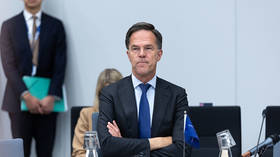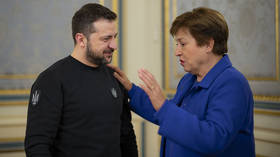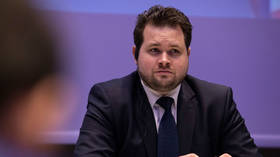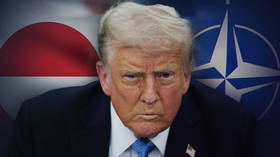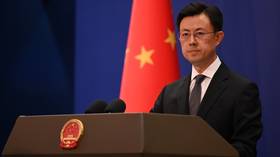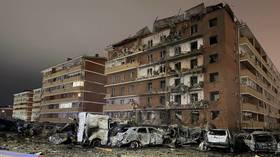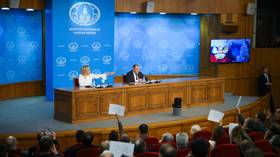Paralysed Russian blames U.S. diplomat for his tragedy
A car crash involving the U.S. Consul General in Vladivostok nine years ago paralysed Aleksandr Kashin. Since then he’s been fighting an international battle for compensation. On Saturday he was offered $US 100,000. He refused it, saying it was not enough
Aleksandr Kashin says he hasn’t left his apartment near Vladivostok for nine years. Once fit and healthy, Aleksandr is now paralysed from the chest down and confined to a wheel chair.
“My condition is not a simple headache for which you can just take a pill and I now feel I’m only living a half life,” Aleksandr says.
Road to hell
Aleksandr’s fortune’s turned one October evening in 1998, for which he points the finger of blame squarely at former U.S. Consul General to the Russian Far East, Douglas Kent.
It was on a busy road in central Vladivostok that 23-year old Aleksandr Kashin hailed a taxi. He says it was then that they met Mr Kent driving his Chevrolet Blazer. According to Aleksandr, Kent failed to give right of way, forcing Aleksandr’s taxi to spin across the road where it collided with an oncoming vehicle.
Local police ruled that the diplomat was responsible for the collision, but the Russian authorities failed to prosecute citing his diplomatic immunity. Shortly after the accident, Mr Kent was recalled from Vladivostok.
Not giving up
For nine years Aleksandr has continued his fight for justice.
In 2006 he addressed the U.S. Ambassador to Russia William Burns during his visit to the region, but to no avail. In August 2007 a U.S. court dismissed Kent’s civil responsibility, again citing diplomatic immunity.
Aleksandr’s file was then closed. His American lawyers, who had offered him their services for free, were now powerless to pursue any further legal proceedings.
With nothing left to lose, Aleksandr took the desperate decision to go on hunger strike last week, a silent cry that was eventually heard across the Pacific.
“Humanitarian” payment
On Friday, he received the offer of $US 100,000 from the U.S. State Department. They described it as a one-off “humanitarian” payment. Unfortunately no one from the Consulate was available for comment, but in an official statement they said they hoped this offer would cover all necessary medical aid.
Aleksandr says it doesn’t, and he’s turned it down. He wants $US 10 million, and until he gets it he plans to continue his hunger strike:
“I feel my life is just slipping away, I can’t bear it and this is why my hunger strike must go on. There is no other way out!”
He says his only hope now lies with the Russian authorities taking on his fight. For now all Aleksandr can do is wait.



